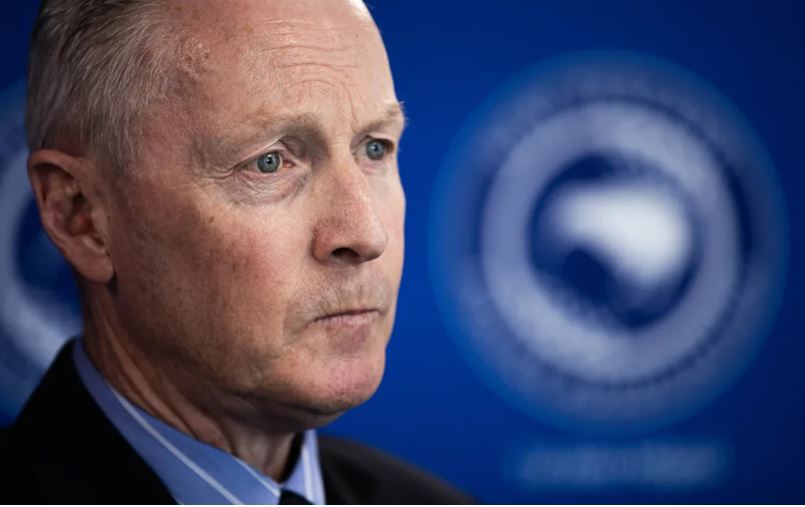Police officers across New Zealand are pushing back against what they describe as an “insulting,” “disgusting,” and “demoralizing” pay offer, especially as they grapple with a burgeoning cost of living crisis and enduring challenging working conditions.
The dispute stems from the government’s repeated presentation of an unsatisfactory pay offer to the police force. Despite initially rejecting the offer back in September 2023, officers found themselves confronted with the same inadequate proposal just recently.
In defense of its stance, the government cited “tough economic times” as the backdrop for negotiations while emphasizing its commitment to bolstering police recruitment. However, the New Zealand Police Association Te Aka Hāpai has firmly rebuffed the government’s overtures. Association president Chris Cahill expressed deep disappointment, emphasizing that members unequivocally spurned the pay offer, which was belatedly tabled after months of anticipation and eight months beyond the expiration of their collective agreement.
The terms of the offer, which include a $5000 wage increase effective from November 1, 2023, and subsequent increases in allowances, failed to meet the expectations of the police force. Furthermore, the proposal lacked crucial elements such as backdating, neglected benefits for health checks, and extended the agreement to a three-year term, exacerbating uncertainties in an already volatile environment.
Cahill highlighted the financial strain many officers are experiencing, with some struggling to afford rent or mortgages, while others contemplate migrating to Australia in pursuit of better opportunities. The disparity in pay between police officers and other professions, such as nurses, remains a point of contention. Cahill pointed out that after six years of service, a police constable earns significantly less than their counterparts in other sectors, a discrepancy that could further exacerbate recruitment challenges.
The repercussions of the pay dispute extend beyond mere financial concerns. Officers lamented the government’s lack of acknowledgment of their sacrifices and dedication, especially in the face of increasingly demanding workloads. Many officers voiced their frustrations, with some even resorting to seeking food aid to support their families.
The association underscored the urgent need for the government to address the widening gap between promises of recruitment and the reality of retaining experienced officers. Fears loom of an exodus of talent to jurisdictions offering more favorable compensation and working conditions, thereby undermining efforts to bolster law enforcement capabilities.
As tensions escalate, the specter of industrial action looms large, reflecting the growing discontent within the ranks of the police force. Calls for recognition and fair compensation echo among officers, who feel undervalued and marginalized in the current negotiations.
Police Minister Mark Mitchell’s response to these pressing concerns remains awaited, as the impasse persists, casting a shadow over the future of law enforcement in New Zealand. TIN Bureau


